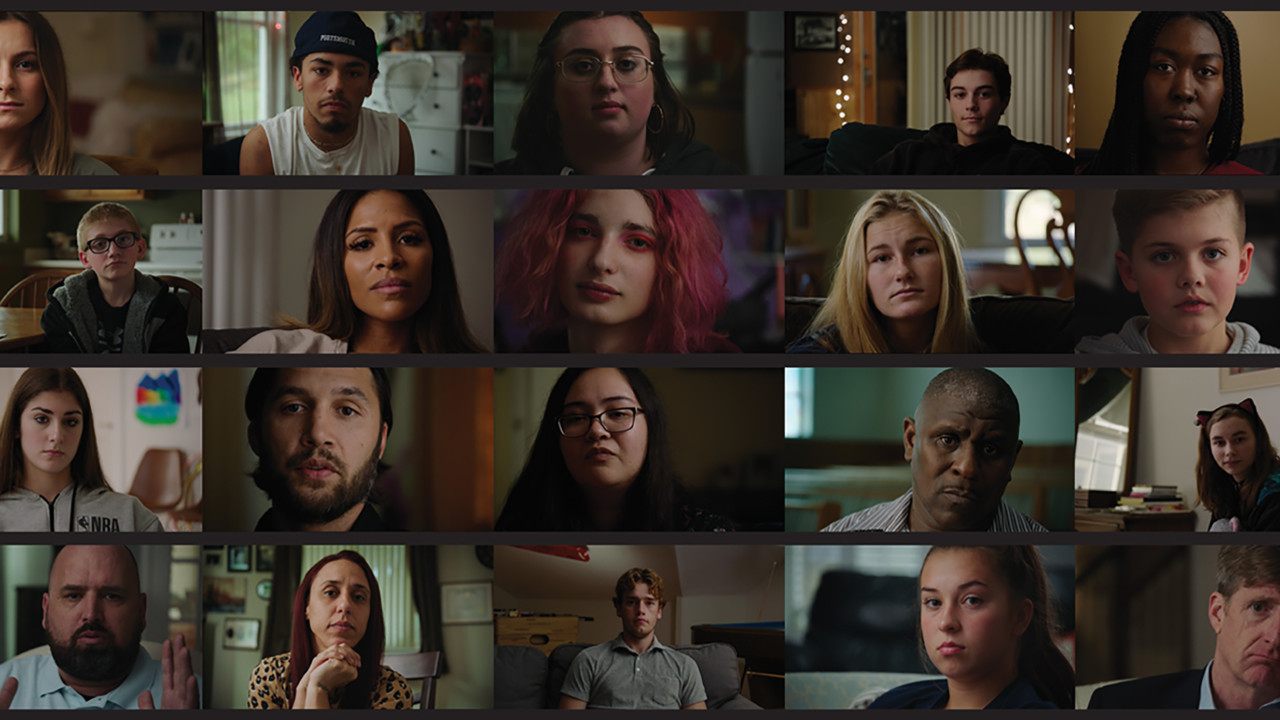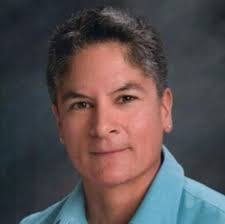
film
Part of the Hiding in Plain Sight blog series
Written by Kee Dunning, author & psychotherapist providing crisis intervention

January 27, 2021 / Forbes.com
Schizophrenia affects 20 million people worldwide and is often diagnosed in young people during their late teens to early 30s, with symptoms commonly presenting earlier in males than in females, according to the National Institute of Mental Health.
It is a chronic mental illness that affects a person’s thoughts, feelings, and behaviors, including the perception of reality, social interactions, and thought processes. Symptoms can include hallucinations, delusions, cognitive impairment manifesting as an unusual way of thinking or disorganized speech, and difficulty in social relationships. Researchers have found that certain chemical imbalances in the brain, genetic traits, and environmental factors such as early life stress are risk factors for schizophrenia.
Brandon was 18 years old when he experienced his first episode of psychosis. “At first, I didn’t want to take medication. I didn’t want to engage in treatment. I didn’t want to admit that I had this serious mental illness, but my family’s unconditional love helped me to get to a place where I could accept it, and that acceptance has made a huge difference in my ability to move on and do things that I care about in my life.”
Brandon agrees that some people you love may not act the same way toward you, after a diagnosis. He also didn’t act the same. His parents were scared for him but moved mountains to help him get the care he needed. And they convinced him that medication was worth sticking with because it could help him do what he wanted to do with his life, which was go back to college, reconnect with friends and continue his career path.
To return to that path, Brandon used a combination of approaches, including brain plasticity — the ability of the brain to remold itself, grow and re-strengthen itself after a serious mental illness through experiences – which helped him a lot when he engaged in a cognitive training clinical trial — a form of treatment for various forms of brain illnesses that enables the brain to remold pathways, through repeated and progressively more difficult exercises that grow with you as you master them. “Within six months of this treatment, I was back at work and enjoying time among friends.”
During a second episode, while working as an engineer in the Silicon Valley, Brandon recalls that his roommates didn’t want him to live with them anymore. “This is the reality of suffering from this illness.” But for those who have a hard time accepting or understanding a friend with schizophrenia, Brandon feels that it is important to talk about it. “It’s okay to ask the questions you feel are important, from a place of compassion and respect that your friend may need to maintain boundaries.”
Character building through facing adversity saw Brandon through a lot. It kept him working hard for recovery. “Communication entails vulnerability because you share your true self and you can be disappointed, but you can also make deep connections,” Brandon emphasizes that leaning on your loved ones is a sure-fire way to help you manage this illness. “No, they cannot take your pain away. However, they can support and love you. Let them experience what they’re experiencing because if they experience it, and can see it constructively, it can be a benefit to them in ways that only experience can. That’s where wisdom comes from.”
“But I also value alone time. Too much solitude is not healthy, but sometimes, it is called for, and years of defaulting to solitude helped me develop a love for time with others.” To recharge, Brandon spends his alone time playing the guitar and meditating. Developing these solo activities can help a loved one you know to bond more easily with others after periods of isolation.
“The person I once was before I developed schizophrenia is still alive and well. I’m still here, but for a long time I couldn’t see or feel or experience those parts of me that I thought I had lost.”
Brandon has become an advocate for early diagnosis, and as a nonprofit leader has built ASPIRe (Accelerating Serious Psychiatric Illness Recovery) — an early intervention program for serious mental illness that delivers coordinated specialty care. The essence of this care model is working with each young person to understand what their goals are, what they’re going through, and meeting them where they are. “You can’t wait if you want to recover. You have to take responsibility and take agency in your life and be active in your community, so you get beyond ‘I wish I felt better’ to ‘I can make things better, not just for me, but for people around me.’”
Brandon also moderates a weekly webcast called Brain Waves, conversations with brain health scientists, advocates, and experts. “It’s not just a niche thing anymore. It’s like everyone is starting to feel comfortable talking about mental illness, and it’s just really encouraging and gratifying to see that growth in our society and people’s attitudes around mental health and wellbeing. Part of the conversation around helping destigmatize mental illness is to frame mental health conditions as a source of strength because that’s what I’ve ultimately been able to get through my experience. The concept of neurodiversity is that everyone has unique strengths that they alone possess — part of it is due to their brains, how they develop, and part of it is through their experiences – and it all fits together.”

Kee Dunning is a psychotherapist in private practice, adjunct faculty and author, writing on topics such as rural youth suicide risk assessment and intervention, cognitive behavioral therapy, teen dating abuse, bullying, and concepts in communication, anger and conflict management. For nearly two decades, Kee has provided crisis intervention for triage for homeless, trafficked, and at-risk youth and families and their support systems; and was Clinical Supervisor for Graduate Studies in Counseling at Montana State University.
The “Hiding in Plain Sight” Blog is a series leading to the upcoming 2022 documentary Hiding in Plain Sight: Youth Mental Illness, produced and directed by Ewers Brothers Productions, executive produced by Ken Burns, and presented by WETA, the PBS flagship station in our nation’s capital.
WellBeings.org is a health and wellness resource, not a crisis or suicide response website. If you are in crisis, or experiencing thoughts of suicide, please call or text the 988 Suicide & Crisis Lifeline at 988 or the LGBT National Hotline at (888) 843-4564. The service is free and available 24 hours a day, seven days a week.